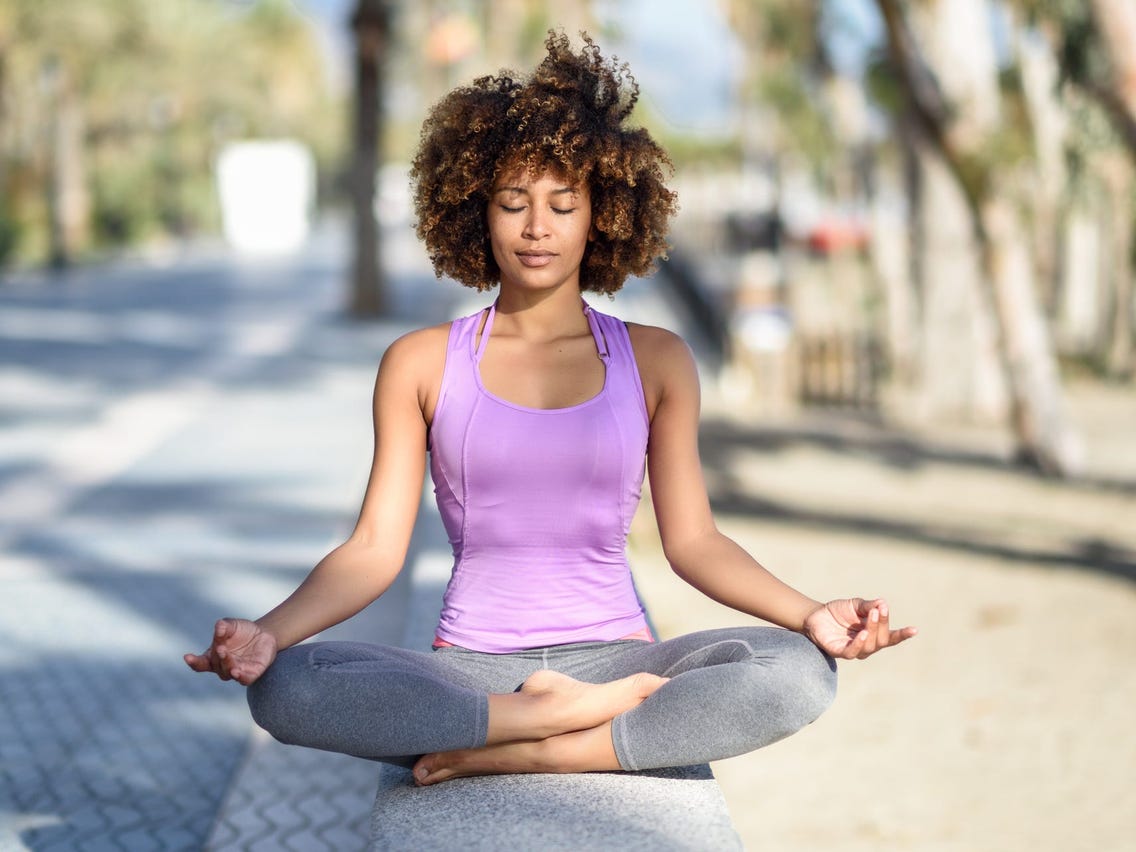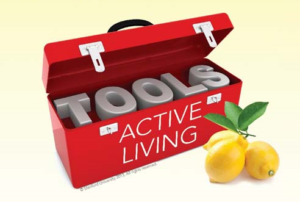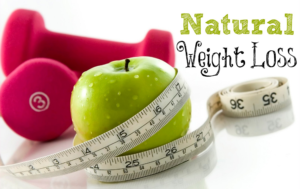Mindfulness is defined as the ability to focus on the present, to be fully aware of what it is that you’re experiencing, and not being distracted about situations in the past.
We routinely and unknowingly waste enormous amounts of energy in reacting automatically and unconsciously to the outside world and to our own inner experiences. Cultivating mindfulness means learning to tap and focus our own wasted energies. In doing so, we learn to calm down enough to enter and dwell in states of deep relaxation. This nourishes and restores body and mind. At the same time, it makes it easier for us to see with greater clarity the way we actually live and therefore how to make changes to enhance our health and the quality of our life. In addition, it helps us to channel our energy more effectively in stressful situations, or when we are feeling threatened or helpless. This energy comes from inside us and is therefore always within our reach and potential control.
Mindfulness can be a powerful tool for changing habitual emotional reactions that hijack our ability to think clearly, act skillfully, and live meaningfully. Like many other healthy habits, mindfulness becomes stronger and more effective as we repeatedly apply it to our lives. To increase mindfulness skills, each time you encounter a negative emotion that threatens to dominate your awareness (for example, irritation, impatience, anxiety, anger, etc.), practice applying the four-step model set forth below.
STOP
- Bring your awareness to the negative emotion as soon as possible.
- Begin to recognize the early warning signals of the emotional reaction.
- Remind yourself: “I need to pay attention to this – now.”
BREATH
- Become sensitive to the natural softening quality of breath.
- Use the power of body-mind communication: send a silent message to your brain to release and let go.
- Relaxing into the exhale, allow your body and energy to soften.
REFLECT
- Appraise the situation. What is my old pattern here?
- Is my reaction supported by old myths or messages?
- What part of my reaction is flowing in from past experiences?
- Can I change my mind about how I see myself in this situation?
- What is my best insight about this situation? What do I want to remember?
CHOOSE
- What is possible here? What is skillful or effective?
- What is my best choice under all the circumstances?
Well-being can be learned, but it takes practice. There is no substitute for practice.
Reference
Fralich, T. (n.d.). Mindfulness retreat center of Maine. Mindfulness Retreat Center of Maine. https://www.mindfulnesscenter.org/.




